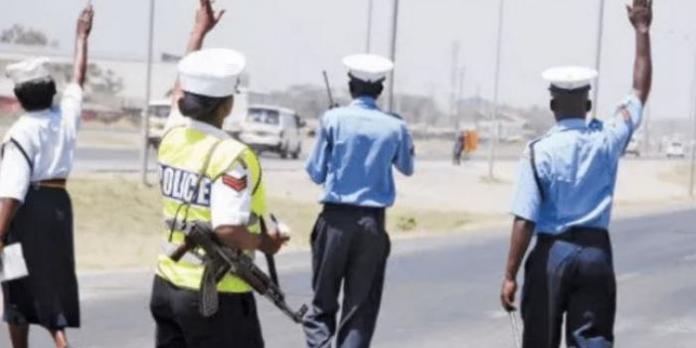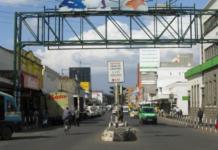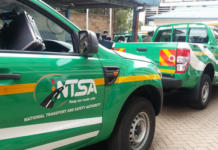All motorists will welcome the return of a procedure which enables them to admit making a mistake, receive a “ticket”, pay a fixed fine.
In Summary
- In that option, the relative weight of fines requires careful consideration. Currently, the message is that failing to carry a warning triangle (which is irrelevant on more than 99.99 per cent of journeys) is as “serious” as using a mobile phone while driving (which is intrinsically risky)
- Twice as serious as riding a motorcycle without wearing a helmet (which is potentially lethal).
- Breaking the speed limit by as little as walking pace is three times more serious than any of those others. Such anomalies are numerous.
THE NATIONAL TRANSPORT AND Safety Authority deserves praise for resurrecting the system for “minor” traffic offences – and especially for publishing the list of statutory fines and clarifying “bail” limits.
The legal apparatus has been in place for decades, but for many years it has been unilaterally shelved by traffic police who found it inconvenient to their modus operandi.
All motorists will welcome the return of a procedure which enables them to admit making a mistake, receive a “ticket”, pay a fixed fine, and continue their journey without being arrested, threatened, impounded, or in any other way unduly delayed. They also appreciate having the position in writing, to inhibit chronic enforcement malpractice.
But clearly, challenges remain. The three headliners are: One, the “letter of the law” must be accurate, clear and unambiguous, and its spirit/intention must also be discernible. Neither motorists nor the police should be jeopardised by anomalies or gifted with loopholes. In those respects the NTSA’s list warrants some editing and proof reading. And some second thoughts…
NUMEROUS ANOMALIES
Two, there are logical grounds for making the penalty identical for all minor offences, on the basis that they are “minor” because they are unwitting mistakes, not purposeful crimes, and/or they do not, in themselves, subject anyone else to hazard. There’s also a reasonable option to vary the fines according to how “serious” the misdemeanour is. NTSA’s fines range from Sh500 to Sh10,000 (and indeed they are an odd mix of generally harmless and potentially dangerous offences).
In that option, the relative weight of fines requires careful consideration. Currently, the message is that failing to carry a warning triangle (which is irrelevant on more than 99.99 per cent of journeys) is as “serious” as using a mobile phone while driving (which is intrinsically risky) and twice as serious as riding a motorcycle without wearing a helmet (which is potentially lethal). Breaking the speed limit by as little as walking pace is three times more serious than any of those others. Such anomalies are numerous.
Three, should the conduct of law enforcement and prosecution not be subject to an equally clear system of precise definitions and limits, listed penalties and check procedures? On every trip. Every day. Without due cause. The current schedule lists only the responsibilities of motorists, not their rights. It lists only the rights of police, not their responsibilities. Big anomaly. How can the need to check warning triangles outweigh civil liberties?
Also, motorists and policemen are not the only players here. Is there any reason why a similar system should not be applied, with equal rigour, to the road transport administrators themselves?
When, where and how might there be a crackdown on the defective performance (sometimes technical, sometimes very dangerous) of road design, road maintenance, road marking, road signage, spare parts and workshop standards, driving schools and driving test competence, public education, a clarion highway code…enforced by a system of unremitting and invasive checks and penalties?
On all aspects of traffic flow and road safety, policy and public opinion seem to meet in only two places: in the motorists’ wallet, and at roadside checks.
At least NTSA seem to be listening and are talking. So there’s hope they will progressively take Road Transport policy to a better and broader basis than the shilling and yellow spikes.
Source :Nation









![Top 20 Used Cars to Avoid in Kenya [PHOTOS]](../../../blog/wp-content/uploads/2013/11/nissan-370z.jpg)

